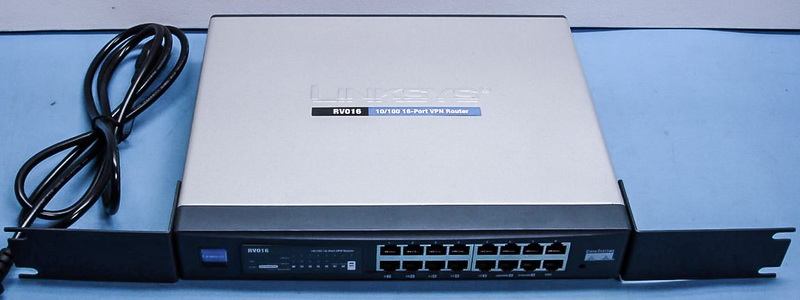jmroberts70
2[H]4U
- Joined
- Oct 15, 2002
- Messages
- 2,953
I've been running a Linksys WRT54G in my home for years now. I've probably replaced it 3 times. I've gone through several iterations of firmware mods finally resting on DD-WRT to live inside. I do the occasional torrent (but not as often as I used to). However, I'm starting to get into supporting large, commercial networks in my side business and I've been experiencing the occasional failure of WRT54G's in the many businesses I have placed them within.
In short: from time to time the old WRT54G fails me and I'm thinking it's time to go to a new "commercial-grade" platform for the routers I install in businesses and my home. I've got my eye on the Cisco RV016 and it's family of platforms (I'd really like something that I can rack-mount). Can anyone tell me if I'm going to lose a lot of features I get with DD-WRT if I go in this direction? Do you think I'm making the right choice?
In short: from time to time the old WRT54G fails me and I'm thinking it's time to go to a new "commercial-grade" platform for the routers I install in businesses and my home. I've got my eye on the Cisco RV016 and it's family of platforms (I'd really like something that I can rack-mount). Can anyone tell me if I'm going to lose a lot of features I get with DD-WRT if I go in this direction? Do you think I'm making the right choice?
![[H]ard|Forum](/styles/hardforum/xenforo/logo_dark.png)
